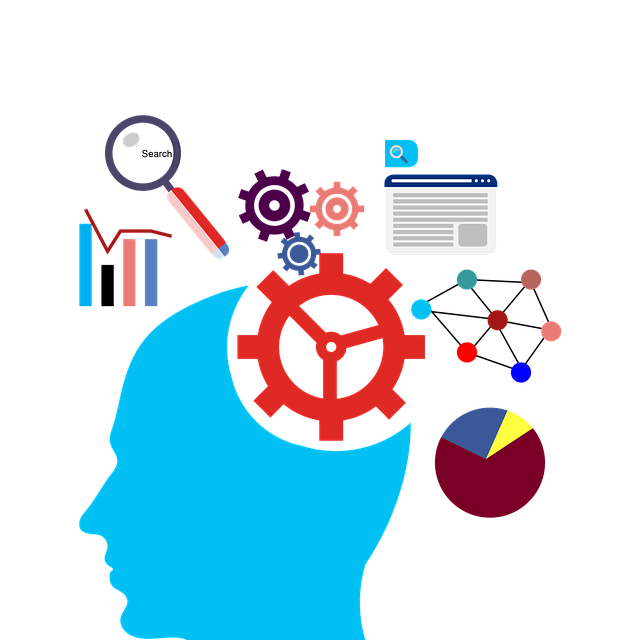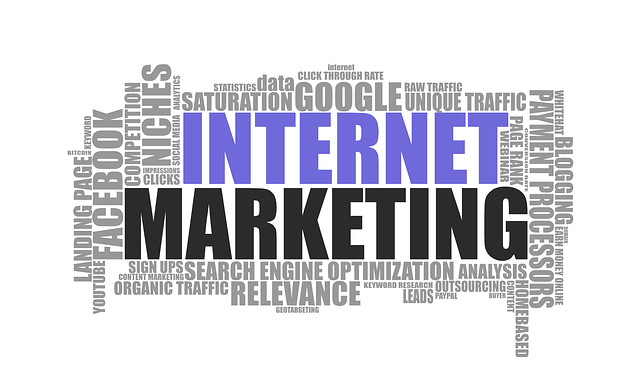The integration of Artificial Intelligence (AI) in automotive shops is transforming business operations and customer engagement through advanced algorithms analyzing customer behavior, vehicle maintenance patterns, and market trends. AI technologies optimize inventory management, improve decision-making, streamline operations, and enhance efficiency and customer satisfaction. Effective AI marketing strategies for automotive shops focus on high-quality data collection, case studies, hands-on exercises, and regular updates to address diverse models and complex repairs. In today's digital era, AI marketing enables personalized campaigns, enhances support through chatbots, and leverages predictive analytics and visual recognition systems for captivating digital experiences.
In today’s digital era, Artificial Intelligence (AI) is transforming various industries, and the automotive sector is no exception. Understanding and integrating AI can provide automotive shops with a competitive edge. This article explores the significance of AI training programs in enhancing operations and customer experiences. We delve into designing tailored AI training for staff, improving efficiency in tasks like diagnostics and marketing. Additionally, we uncover innovative AI marketing strategies for automotive shops, revolutionizing how businesses attract and engage customers.
- Understanding AI Integration in Automotive Shops
- Designing Effective AI Training Programs
- Leveraging AI for Marketing Strategies in the Automotive Industry
Understanding AI Integration in Automotive Shops

The integration of Artificial Intelligence (AI) in automotive shops is transforming the way businesses operate and engage with their customers. AI marketing strategies for automotive shops leverage advanced algorithms to analyze vast amounts of data, providing valuable insights into customer behavior, vehicle maintenance patterns, and market trends. This enables shops to personalize services, recommend tailored repairs, and optimize inventory management, leading to increased efficiency and improved customer satisfaction.
By adopting AI technologies, automotive shops can streamline their operations, reduce human errors, and enhance decision-making processes. AI-powered diagnostics, for instance, can quickly identify issues within vehicles, allowing technicians to conduct more precise and effective repairs. Moreover, AI marketing tools help shops create targeted campaigns, offer personalized promotions, and improve overall customer engagement, setting them apart in a competitive market.
Designing Effective AI Training Programs

Designing effective AI training programs for automotive shops involves understanding both the technology and the unique needs of the industry. AI marketing strategies tailored for automotive shops must address specific challenges, such as the diversity of vehicle models and complex repair processes. Training should cover data collection and preparation, focusing on high-quality images and sensor data relevant to various makes and models.
Incorporating practical case studies and hands-on exercises can significantly enhance learning outcomes. Shop owners and technicians should be trained to recognize patterns in data that indicate potential issues, ensuring they can effectively implement AI diagnostics tools. Regular updates are crucial to keep up with advancements in AI technology and the evolving landscape of vehicle models, ensuring automotive professionals remain at the forefront of their field.
Leveraging AI for Marketing Strategies in the Automotive Industry

In today’s digital age, the automotive industry is undergoing a significant transformation with the integration of Artificial Intelligence (AI) across various sectors. AI marketing strategies for automotive shops are no exception, offering innovative ways to engage and attract customers. By leveraging machine learning algorithms, these shops can analyze vast customer data to understand preferences, behaviors, and buying patterns. This enables personalized marketing campaigns tailored to individual consumer needs, making promotions more effective.
For instance, AI-driven chatbots can enhance customer support, providing instant answers to common queries related to vehicles. Additionally, predictive analytics can forecast market trends, helping automotive businesses stay ahead of the competition. AI-based visual recognition systems can even assist in creating captivating digital content, showcasing vehicle features and customization options, thus revolutionizing how automotive shops connect with their target audience.
AI integration is transforming automotive shops, and effective training programs are key to unlocking their full potential. By designing comprehensive curricula that cover AI fundamentals, data analysis, and advanced tools tailored to automotive applications, shop owners can empower their staff to leverage AI for improved efficiency, enhanced customer experiences, and innovative marketing strategies, such as personalized recommendations and predictive maintenance campaigns. Adopting these AI marketing strategies can help automotive shops stay competitive in today’s digital era.
